Africa's extraordinary wildlife, in black and white
A French photographer shares his duotone fascination with Africa's animals
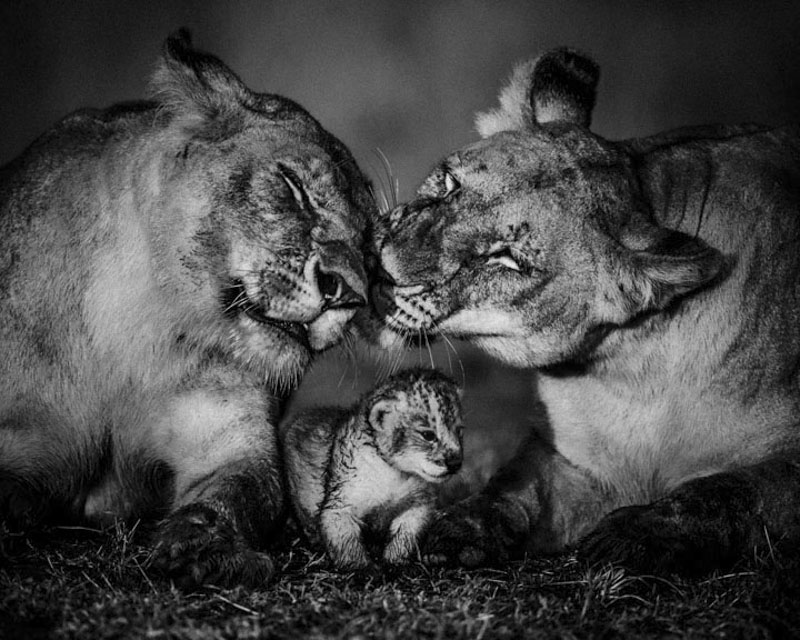
A free daily email with the biggest news stories of the day – and the best features from TheWeek.com
You are now subscribed
Your newsletter sign-up was successful
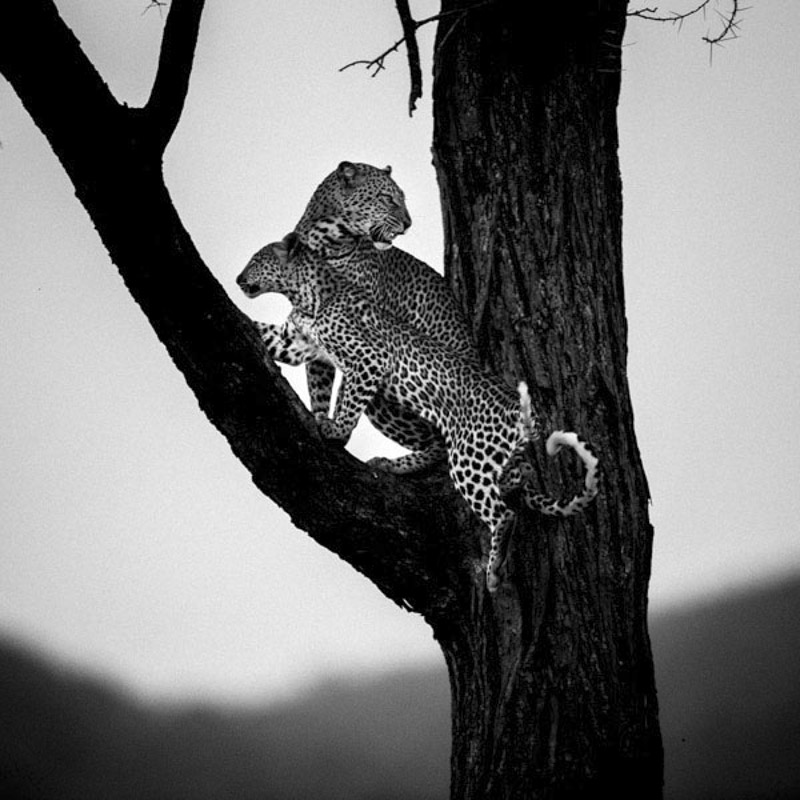
(Laurent Baheux) Baheux first traveled to Africa in 2002, on assignment for an international sports agency. He was immediately inspired."[Africa] resonated with me like the animal instinct that lies behind each of us," he writes in an email. That passion has since given birth to a number of series. Many of the images featured here, from his Light and Shadow project, will also appear in Baheux's upcoming photo book, The Family Album of Wild Africa, out in November.
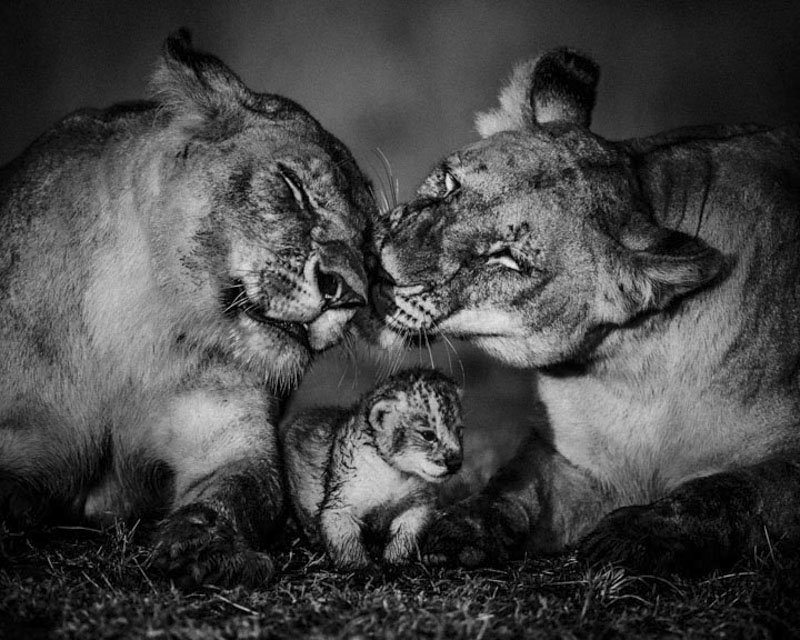
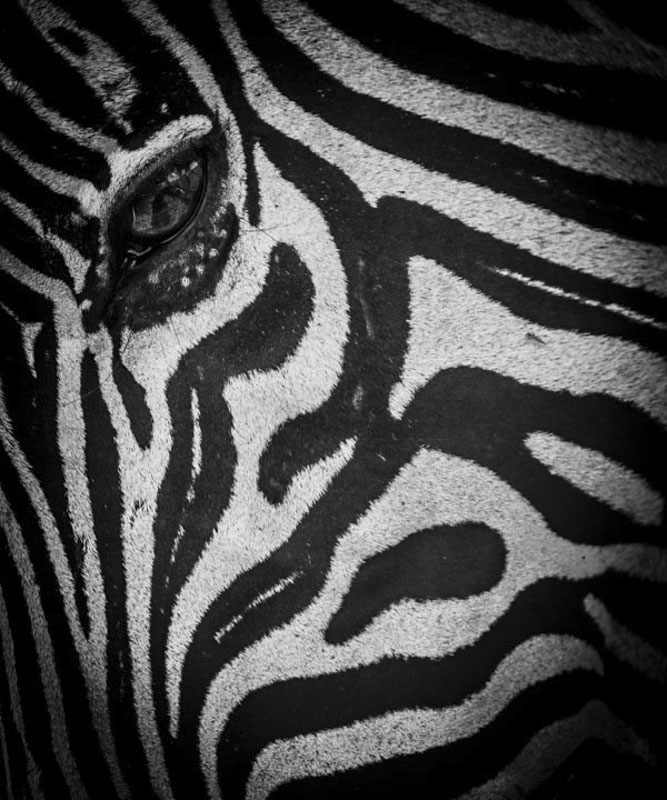
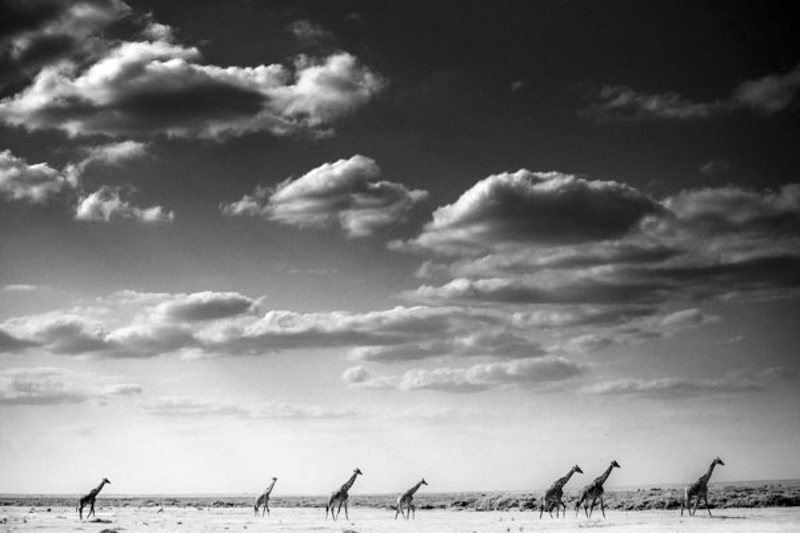
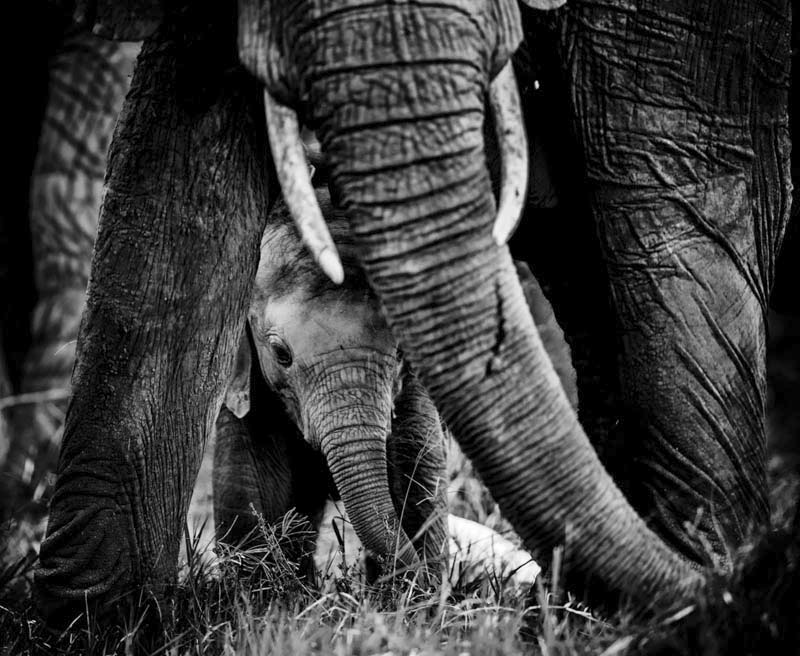
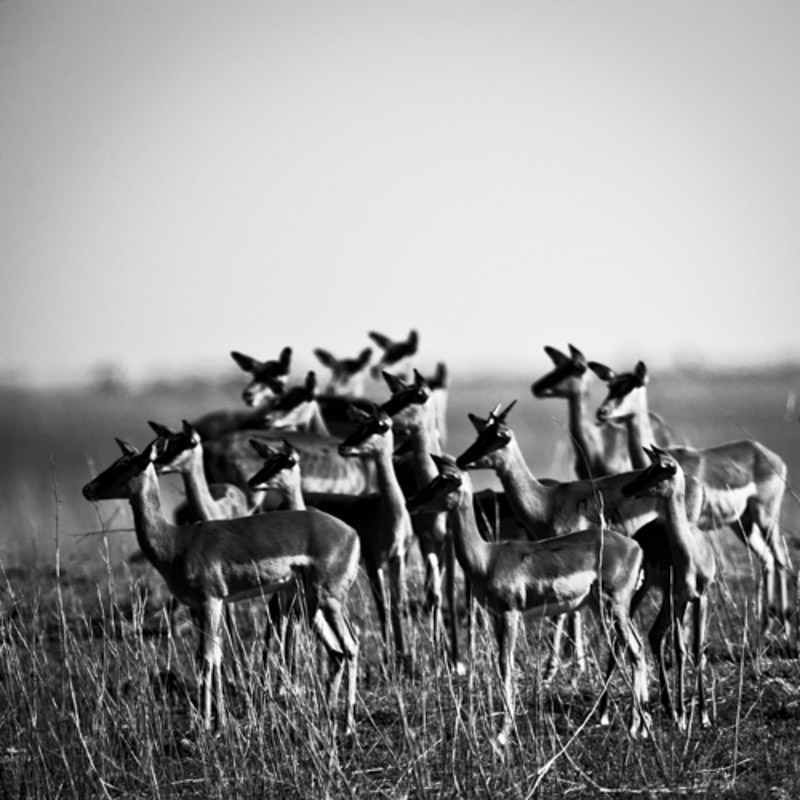
(Laurent Baheux) Due to the unpredictable nature of the animals' behavior, Baheux requires a minimum of four weeks on the ground each time he photographs in a new location. This way, he says, he can ensure that the creatures' daily lives are minimally affected by his presence — and he doesn't have to rush to get his shots."Sometimes, I am lucky because all factors are combined — composition, light, emotion — and sometimes not," Baheux writes. "Most of the time, I must be patient and wait."He learned the value of patience early on in his travels. While shooting in Kenya, Baheux says he once exited his vehicle to get a close-up shot of a hippo bathing in a river. The quick move angered the hippo — which charged at Baheux (he got safely out of the way, he says).
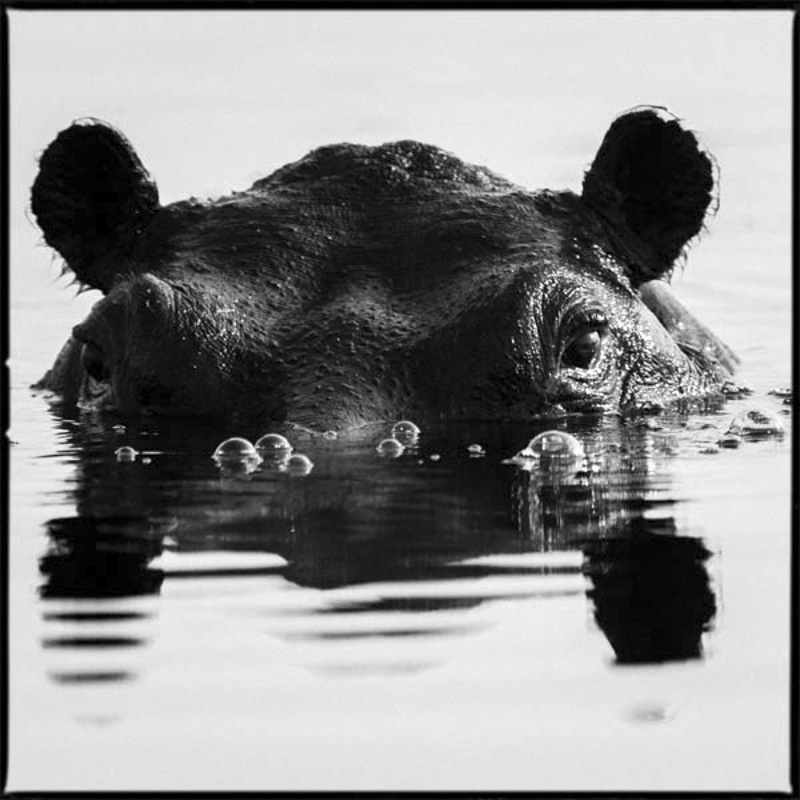
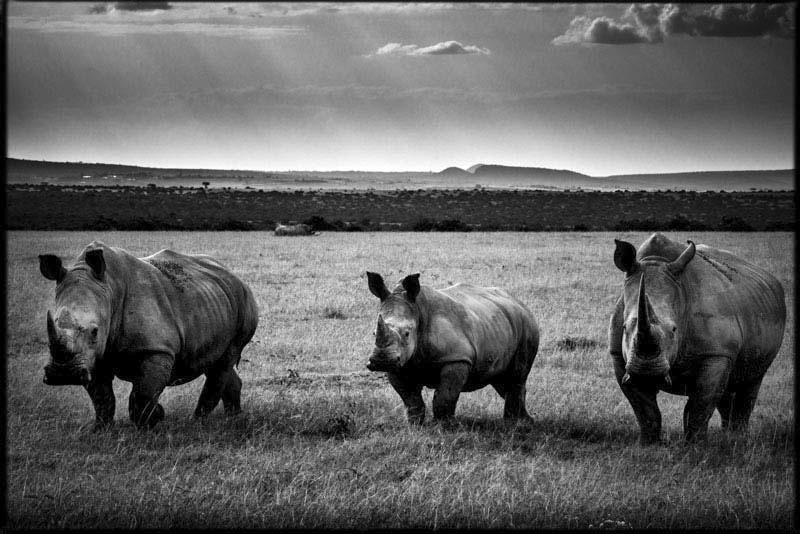
(Laurent Baheux) Baheux hopes that his images will remind viewers that everything — animals, humans, even the land itself — is inextricably connected."We need to recover our true nature by relocating ourselves on this planet, being respectful of our environment, and living in harmony with other species — like a big family," he says.
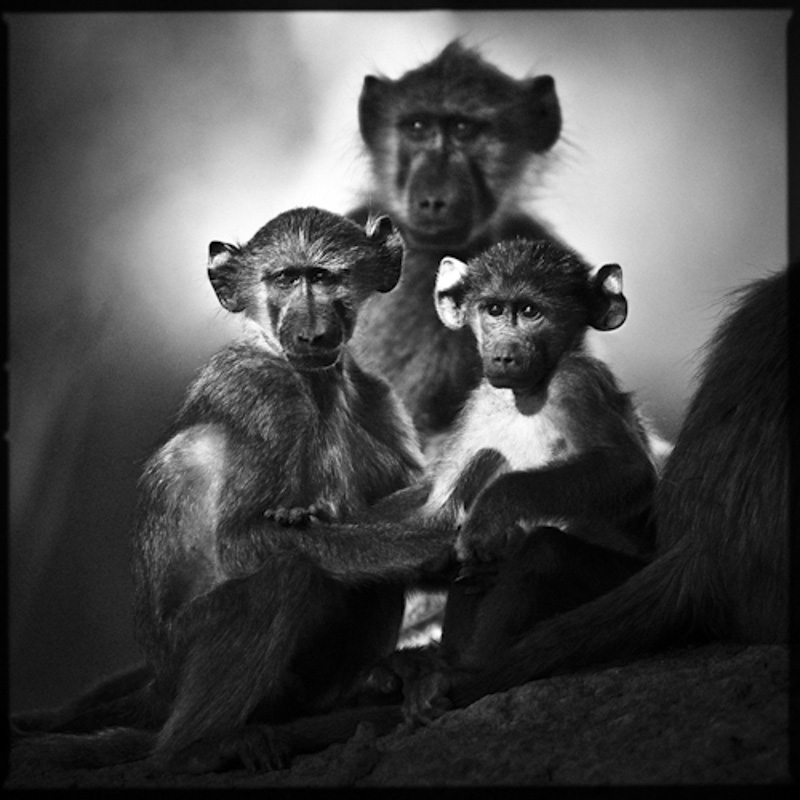
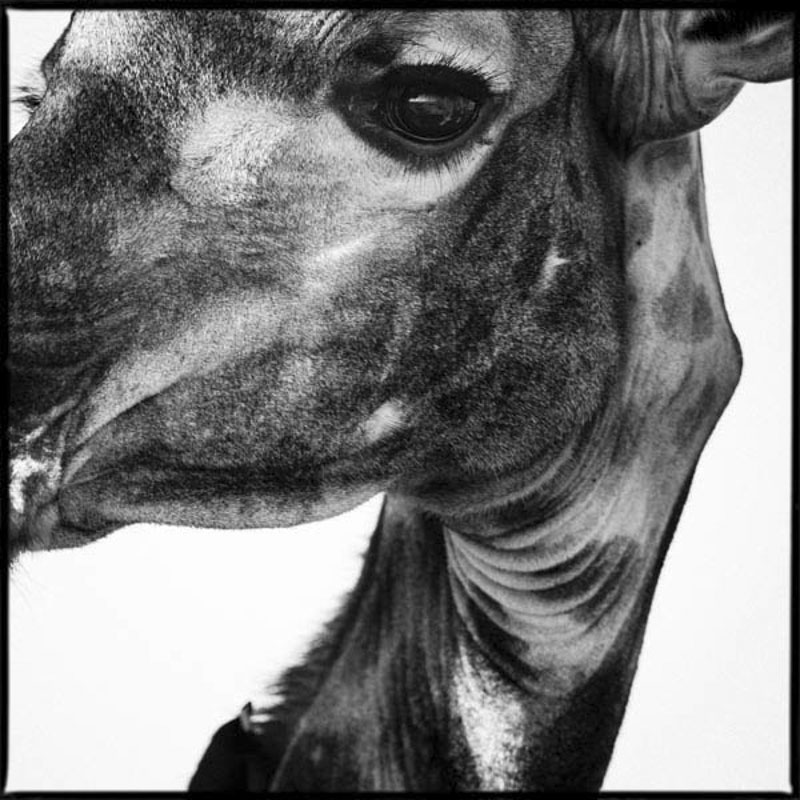
A free daily email with the biggest news stories of the day – and the best features from TheWeek.com
-
 What to expect financially before getting a pet
What to expect financially before getting a petthe explainer Be responsible for both your furry friend and your wallet
-
 Pentagon spokesperson forced out as DHS’s resigns
Pentagon spokesperson forced out as DHS’s resignsSpeed Read Senior military adviser Col. David Butler was fired by Pete Hegseth and Homeland Security spokesperson Tricia McLaughlin is resigning
-
 Colbert, CBS spar over FCC and Talarico interview
Colbert, CBS spar over FCC and Talarico interviewSpeed Read The late night host said CBS pulled his interview with Democratic Texas state representative James Talarico over new FCC rules about political interviews